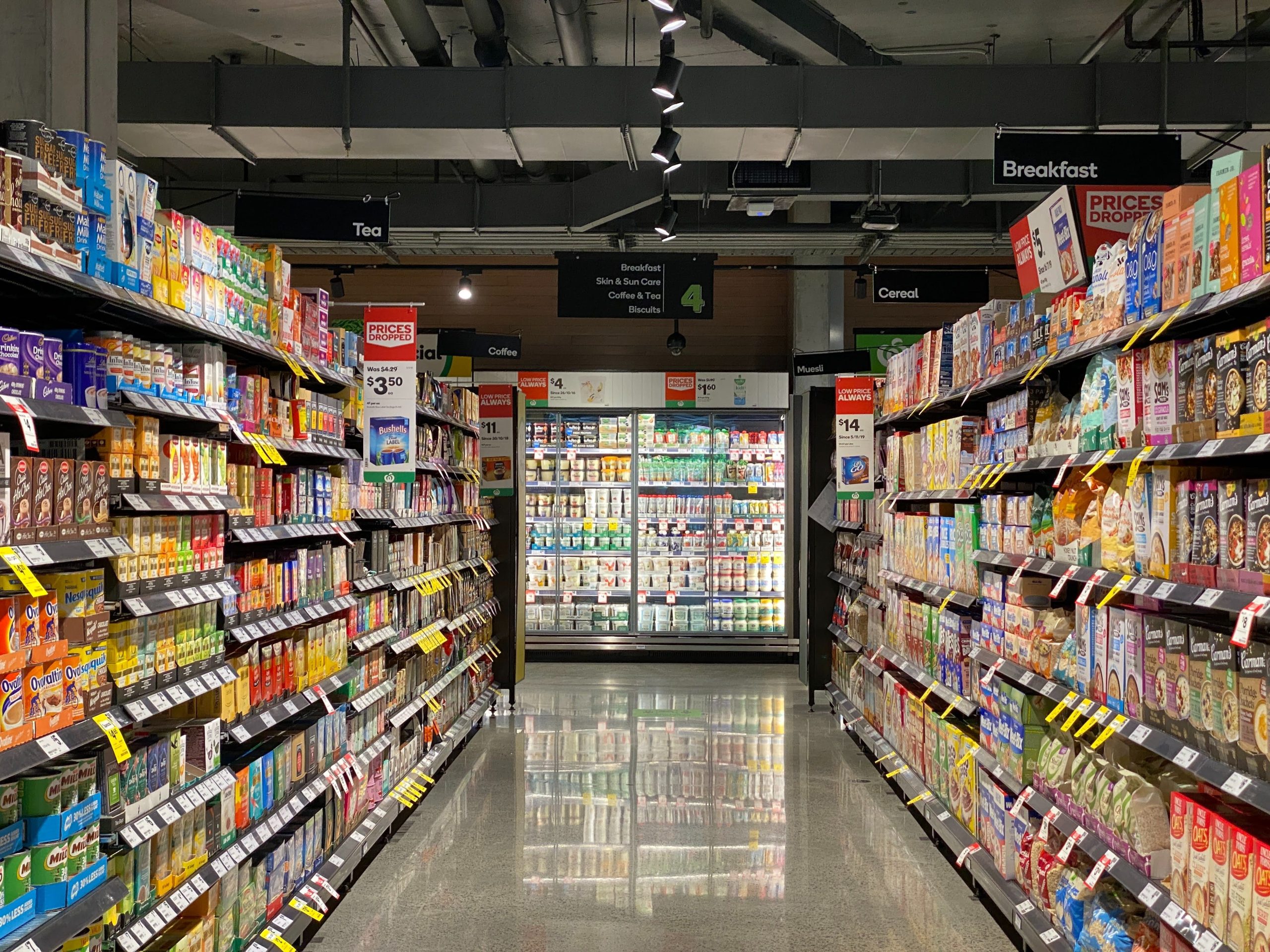Infection
Food Safety Roundup
Here is a small roundup of a few items and foods being recalled or have warning letters sent to companies. It is important to note this is not a comprehensive list of all items in these catergories.
Ground Beef
The US Department of Agriculture’s Food Safety and Inspection Service (FSIS) announced on August 29 that Dean & Peeler Meatworks, LLC, a Poth, Texas establishment, is recalling approximately 1,835 pounds of fresh ground beef products that may be contaminated with E. coli O157:H7.
Recalled products:
- 1-lb., 5-lb., and 10-lb. vacuum-sealed plastic bags containing “Peeler Farms WAGYU BEEF GROUND BEEF” with lot code 17836 represented on the label.
- 5-lb. vacuum-sealed plastic bags containing “R-C RANCH TEXAS CRAFT MEATS WAGYU RC13610 STEAKHOUSE BLEND – GROUND BEEF 5 lb” with lot code 17816 represented on the label.
- 8-oz. vacuum-sealed plastic bags containing “R-C RANCH TEXAS CRAFT MEATS WAGYU RC13603 – GROUND BEEF PATTIES 8 oz” with lot code 17816 represented on the label.
The products subject to recall bear establishment number “EST. 51283” inside the USDA mark of inspection. These items were shipped to restaurant locations in the greater San Antonio, Texas, area.
Advertisement
The issue was reported to FSIS after the ground beef product was submitted to a third-party laboratory for microbiological analysis and the sample tested presumptive positive for E. coli O157:H7. There have been no confirmed reports of adverse reactions due to consumption of these products.
Trader Joes
Trader Joes announced on August 22 that their supplier of Texas Tamale Company Gourmet Black Bean Tamales (UPC# 717725000580) may contain undeclared milk. Theproduct with a BEST BEFORE date of 06/19/25 and Lot code 17023 — sold only in AL, AR, CO, KS, LA, NM, OK, TN, and TX stores
The company wrote on their site that no illnesses have been reported to date, and all potentially affected product has been removed from sale.
The supermarket chain said that if purchased, they urged consumers to not eat them. They asked customers to discard the product or return it to any Trader Joe’s for a full refund.
Customers with questions may contact Trader Joe’s Customer Relations at (626) 599-3817 [Monday through Friday, 6:00 am to 6:00 pm Pacific Time].
Baby Formula
On August 30, the FDA announced it had issued warning letters to 3 infant formula manufacturers as part of the agency’s ongoing commitment to enhance regulatory oversight to help ensure that the industry is producing infant formula under the safest conditions possible.
These warning letters for violations of the Federal Food, Drug, and Cosmetic Act (FD&C Act) and the FDA’s Infant Formula regulations were issued to ByHeart Inc., Mead Johnson Nutrition (Reckitt), and Perrigo Wisconsin, LLC. They reflect findings from FDA inspections of these facilities over the last several months. At the time of each inspection, the FDA issued inspectional observations and exercised oversight of each firm as they initiated recalls (in December 2022, February 2023 and March 2023) to remove product potentially contaminated with Cronobacter sakazakii from the marketplace.
In its announcement, the FDA did not advise parents and caregivers to discard or avoid purchasing any particular infant formula at this time. The agency is not aware of any distributed product where contamination was confirmed and believes that the recalls were effective in removing the potentially contaminated batches of product from the market. Additionally, these warning letters are not associated with any current recalls and therefore the FDA does not anticipate any impact to the availability of infant formula on the market.
Foodborne Illnesses
Earlier this summer, the CDC released a study demonstrating foodborne illnesses increased last year. These types of illnesses generally returned to or exceeded levels observed in 2016–2018.
“During 2022, FoodNet identified higher incidences of Shiga toxin-producing Escherichia coli, Yersinia, Vibrio, and Cyclospora infections compared with 2016–2018. Campylobacter, Salmonella, Shigella, and Listeria incidences did not change.”
FoodNet is an active surveillance network tracking trends for infections transmitted commonly through food. There are a number of organizations involved in this including the CDC, 10 state health departments, the Department of Agriculture’s Food Safety and Inspection Service, and the FDA.

